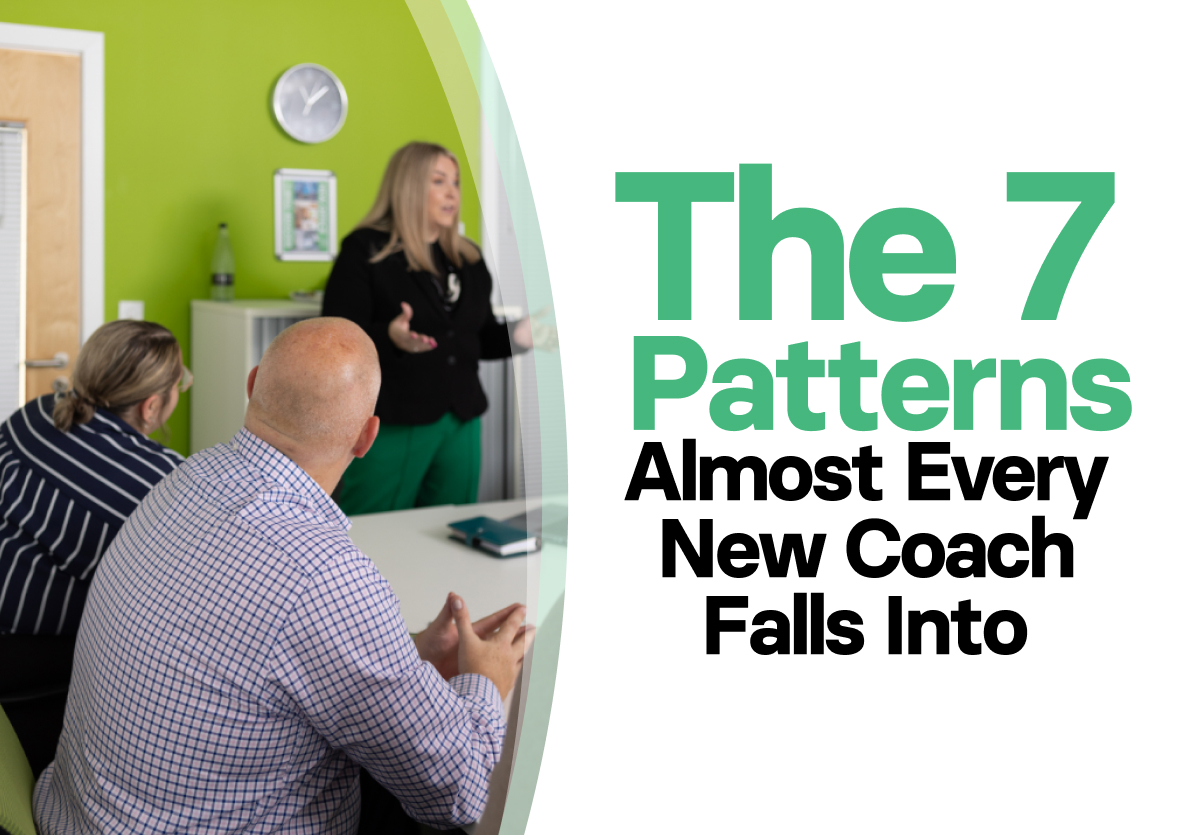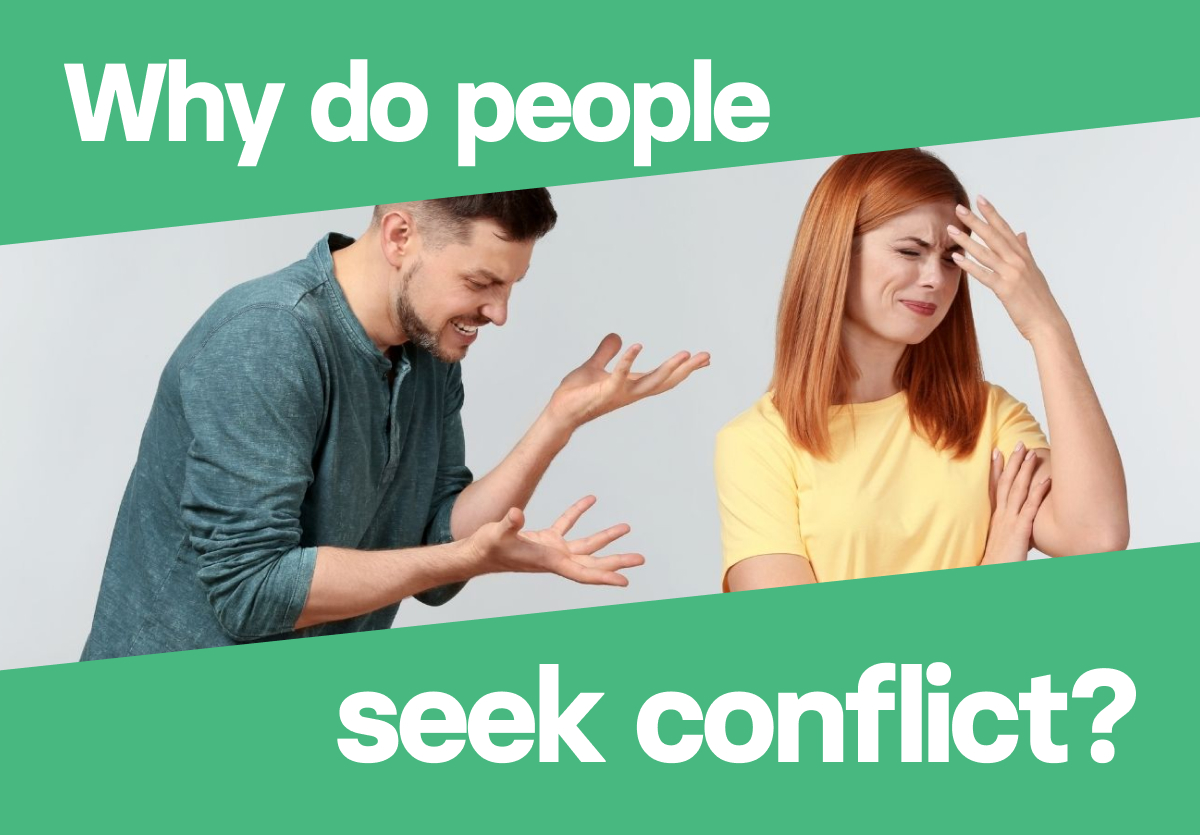I’ve come to actively dislike the word professional.
Not because I lack professionalism; quite the opposite.
But because of what the word has come to represent in so many workplaces, coaching rooms, and leadership development programmes.
When most people say “professional,” they mean polished. Controlled.
A version of yourself that’s been edited to fit.
It conjures up images of suits and scripts.
Of people-pleasing masked as diplomacy.
Of knowing the rules, playing the game, and saying the right thing at the right volume in the right tone.
And while we may wrap it up as maturity or emotional intelligence,
what it often becomes is pretending.
Professionalism, in this context, isn’t about skill or excellence.
It’s about conformity.
About reshaping yourself to meet the unspoken expectations of the room you’re in.
And I’ve played that game.
For years.
I became an expert at managing perception, toning myself down in meetings,
avoiding language that might be seen as ‘too much,’ smiling when I was unravelling inside.
It was exhausting.
Let me be clear: I am highly credible and capable in my field.
But I’m no longer willing to perform a watered-down version of myself to prove it.
I show up with depth, emotion, and clarity, the same in every room.
No split identities. No masks. No scripts.
What worries me most is how many people still believe they need two versions of themselves:
a ‘work them’ and a ‘home them’.
As though compartmentalising your identity is the secret to success.
One to perform. One to be real.
That split, that internal divide, is where the real damage is done.
It’s where imposter syndrome thrives.
Where anxiety seeps in.
Where the mental health crisis among middle leaders brews quietly behind polite smiles and polished presentations.
And let’s not pretend this is just a corporate issue.
The coaching world is riddled with it too.
Too many executive coaches are modelling their own brand of performative professionalism.
Flat tone. Guarded language. Carefully curated neutrality.
Coaches who are so focused on presence, they forget to be human.
If we want clients to open up, we need to be the first ones willing to go there.
Not with a confessional, but with congruence.
With truth. With emotional availability. With honesty in how we show up.
Because if we don’t model that, then we’re not coaching the person in front of us.
We’re simply teaching them to mask better.
It’s time we stopped coaching people to fit in
and started helping them show up.
Because the version of professionalism that gets pushed in many organisations isn’t just outdated, it’s harmful.
We tell people to bring their whole selves to work, but only if that self is tidy, agreeable, and easy to manage.
We say we want authenticity, but we punish vulnerability.
We encourage leaders to say “I don’t know,” but often what we’re really asking them to do is tone themselves down. To shrink. To become less threatening. Less certain. More palatable.
We celebrate people for being composed, but overlook the cost of that composure, the emotional labour, the quiet anxiety, the self-censorship.
We still judge people for speaking with passion, dressing with individuality, or showing emotion in rooms that have long mistaken stoicism for strength.
It’s time to rewrite the rules.
We need to stop:
- Equating vulnerability with weakness
- Asking people to “be more vulnerable” when we actually mean “be less confident”
- Mistaking emotional expression for a lack of professionalism
- Making black, grey and navy the uniform of credibility
- Silencing difference in the name of cohesion
- Treating tears, tattoos, neurodivergence or accent as too real, too raw, too risky
- Coaching for image rather than congruence
- Pretending, full stop
Professionalism should never cost you your voice.
It should never cost you your identity.
And it should never cost you your nervous system.
True professionalism is about showing up with skill, care and consistency without losing who you are in the process.
That requires courage, not compliance.
Integrity, not image.
And if companies genuinely redefined professionalism in this way if they stopped rewarding performative masks and started recognising emotional honesty,
half the mental health struggles in the silent middle would disappear.
The ones who keep the wheels turning.
The ones who smile while holding it all together.
The ones who are praised for being reliable, but never seen for being real.
We don’t need more performance.
We need more permission to be human.
Let that be the kind of professionalism we start coaching for.
Find out about our next Advanced Practitioner Course here







